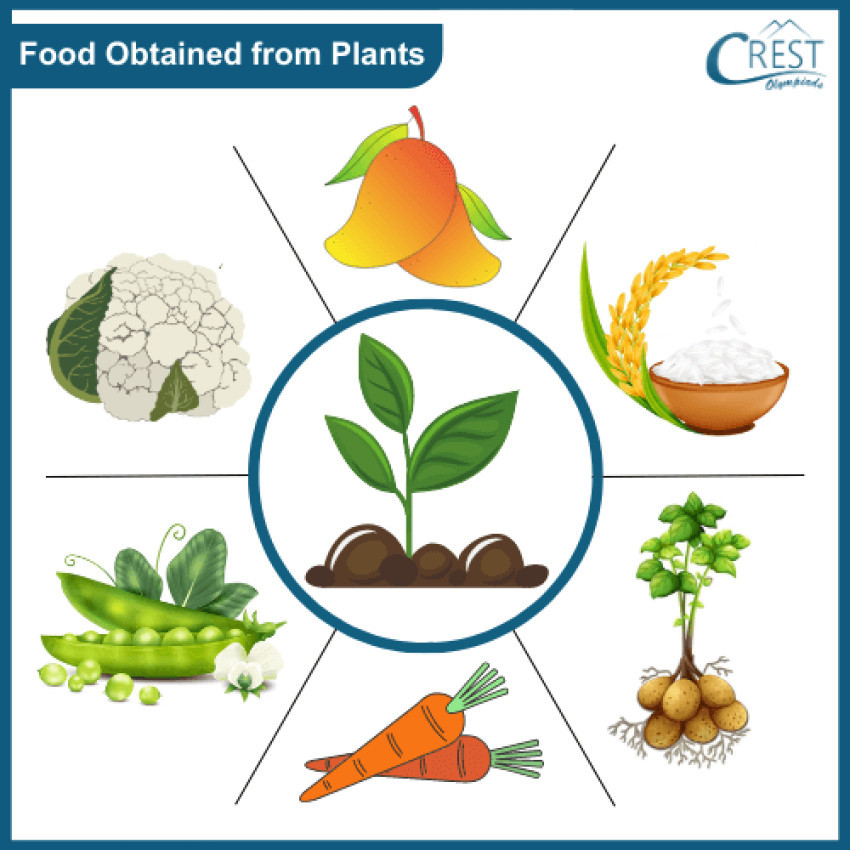
Food is a fundamental part of our lives, and there are various types of food that provide us with the nutrients and energy needed for survival and well-being. Food can be categorized into several main types based on their nutritional characteristics and roles in our diet. Here are the primary types of food:
Carbohydrates: Carbohydrates are a crucial source of energy. They are found in foods like bread, rice, pasta, cereals, and starchy vegetables like potatoes. Carbohydrates are broken down into glucose (sugar) in our bodies, which provides energy for our daily activities.
Proteins: Proteins are essential for growth, repair, and maintaining body tissues. They are found in foods like meat, poultry, fish, eggs, dairy products, beans, nuts, and tofu. Proteins are made up of amino acids, which are the building blocks of our body.
Fats: Fats are another source of energy and play a vital role in nutrient absorption and insulation. They are found in foods like butter, oils, avocados, nuts, and fatty cuts of meat. It's important to consume fats in moderation and choose healthy fats like those found in olive oil and nuts.
Fruits: Fruits are rich in vitamins, minerals, and dietary fiber. They provide essential nutrients and antioxidants that are important for our health. Examples of fruits include apples, oranges, bananas, and berries.
Vegetables: Vegetables are packed with vitamins, minerals, and fiber. They support overall health and well-being. Examples of vegetables include broccoli, carrots, spinach, and tomatoes.
Dairy Products: Dairy products like milk, cheese, and yogurt are excellent sources of calcium and protein. They are essential for building strong bones and teeth.
Meat and Poultry: Meat and poultry are rich in high-quality proteins and essential nutrients like iron and zinc. Examples include beef, chicken, pork, and lamb.
Fish: Fish is a great source of lean protein and contains omega-3 fatty acids, which are beneficial for heart health. Common fish varieties include salmon, tuna, and trout.
Legumes: Legumes, such as beans, lentils, and chickpeas, are plant-based sources of protein and dietary fiber. They are a valuable addition to vegetarian and vegan diets.
Sweets and Sugary Foods: Sweets and sugary foods, like candies, cakes, and sugary beverages, provide a quick source of energy but should be consumed in moderation as excessive sugar intake can have negative health effects.
Beverages: Beverages include water, milk, fruit juices, and various types of teas and coffees. Water is essential for hydration, while milk and juices provide nutrients and hydration.
Snacks: Snacks can be a variety of foods, including nuts, seeds, crackers, and yogurt, consumed between meals.
It's essential to maintain a balanced diet that includes a variety of these food types to ensure that your body receives all the necessary nutrients for good health. Different types of food provide different nutrients, and a well-rounded diet helps support growth, energy, and overall well-being.


